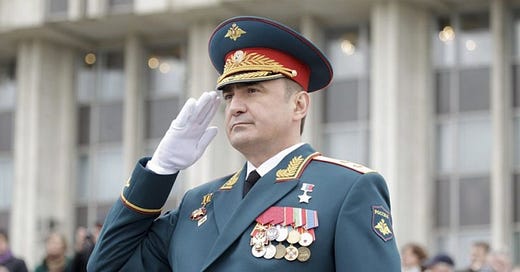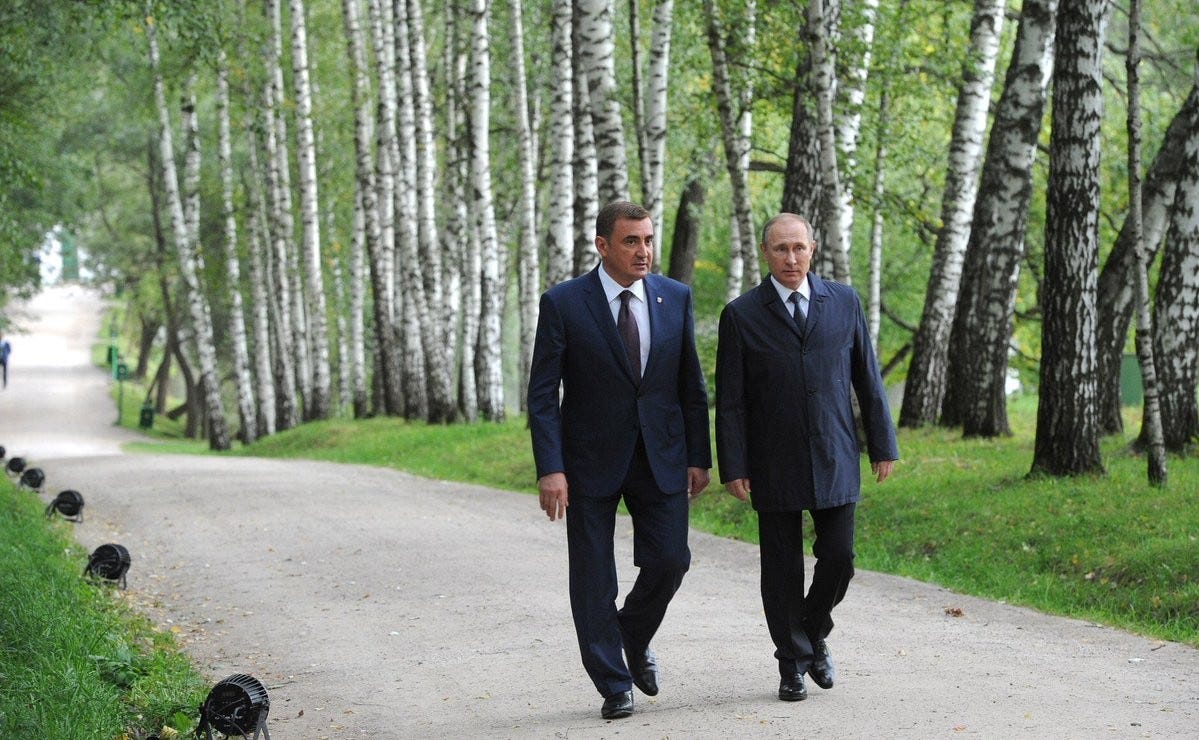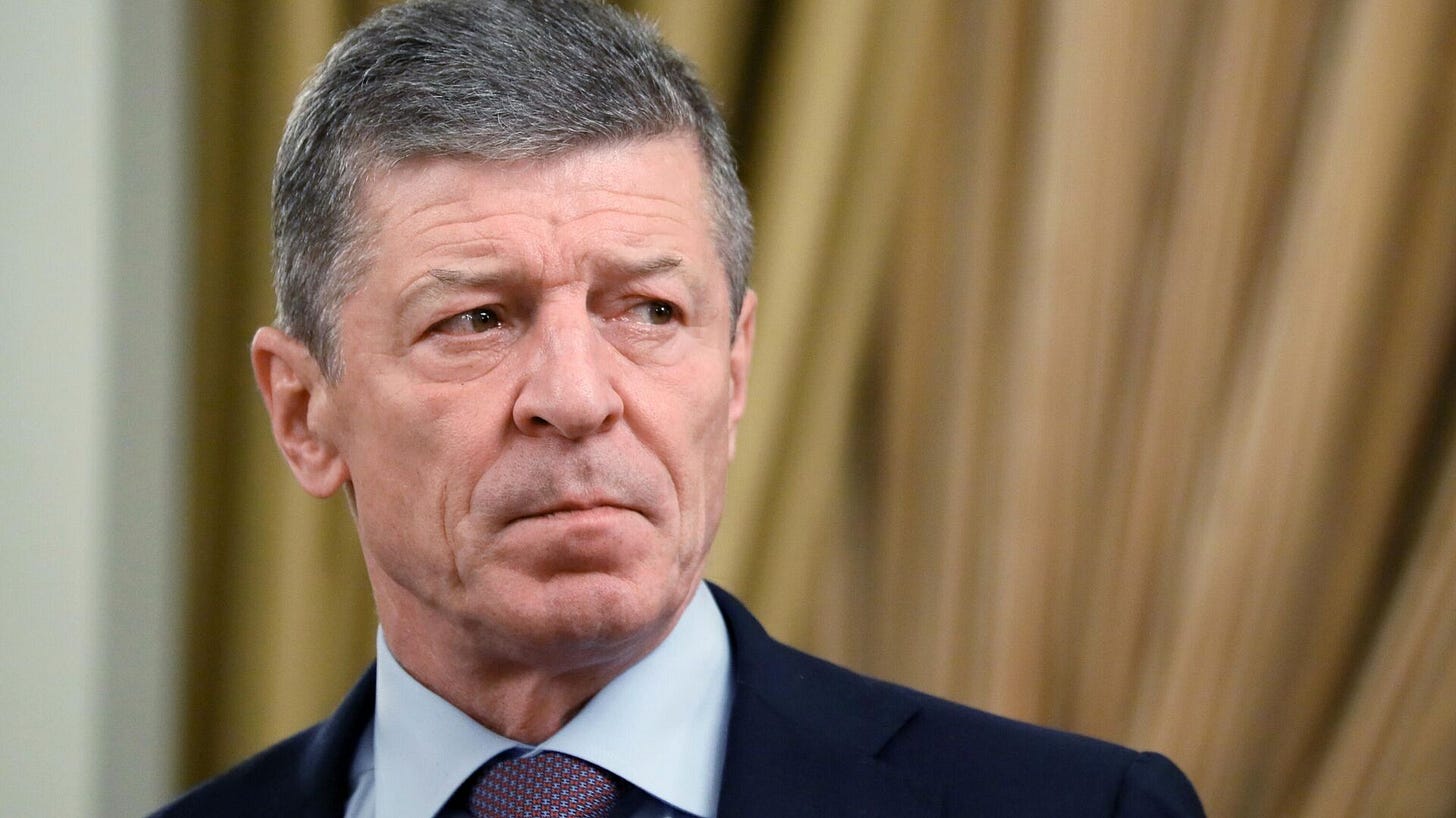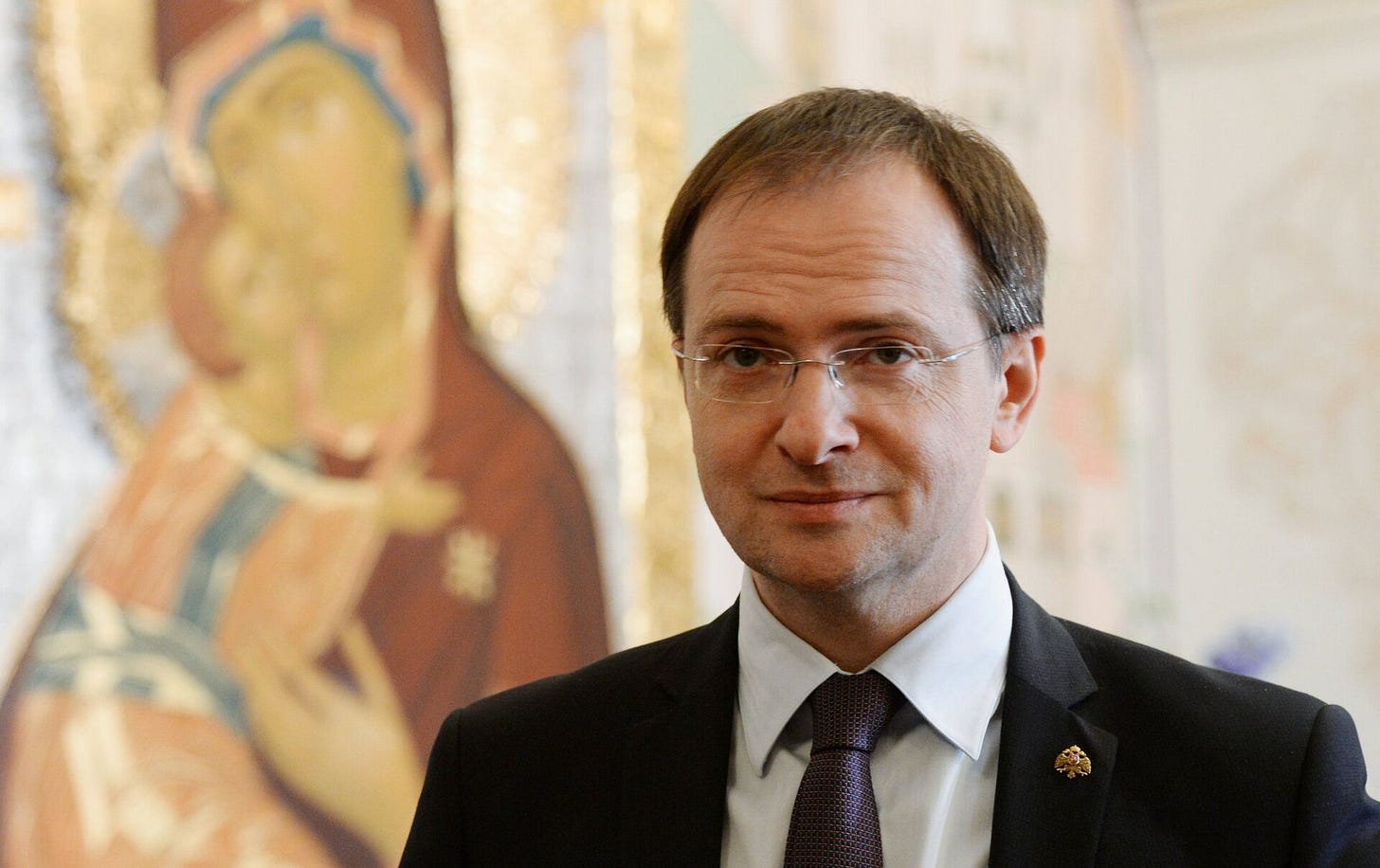Alexei Dyumin
Ukrainian forces continue to hold parts of the Kursk region—a southern area on the Russian border with Ukraine. The Moscow elite has responded with remarkable calm: my sources in Moscow speculate that Putin's reaction will be extreme, flattening the captured areas and eliminating all local residents before initiating peace talks.
Fatal August
In Russian society, there has long been a stereotype that August is the most fatal month for the country, with the worst events always occurring then. For example, on August 12, 2000, the Russian nuclear submarine Kursk sank, resulting in the deaths of all 118 people on board. This was the first major tragedy of Putin's presidency—yet he didn't even interrupt his vacation, a decision that sparked a wave of criticism from the still-independent Russian media at the time.
Last year was no exception—August marked the end of Yevgeny Prigozhin's saga. On August 23, his plane crashed near Moscow.
This year, tragedy is again tied to the name Kursk—on August 8, Ukrainian forces captured several settlements in the Kursk region ("up to a third of the entire region," according to my sources, who do not trust the official data from the Russian Ministry of Defense).
On the same day, news broke that in the same Kursk region, war correspondent Yevgeny Poddubny of the state-run Rossiya channel—one of the most prominent voices of Russian military propaganda—was reported killed. It was later revealed that he was not killed but seriously injured when his car was struck by a Ukrainian drone, though Poddubny managed to escape.
Russian propagandists have since focused entirely on discussing Poddubny's "miraculous survival" and heroism, pushing the loss of part of the Kursk region to the background.
Inadequate Response
Russian businessmen and officials I spoke with acknowledge that the recent developments are among the most significant events in the ongoing war between Russia and Ukraine. However, the final implications remain unclear: How will Putin respond? The general consensus is that Putin tends to react to such shocks with a delay, but his responses are always disproportionate. "What can he do? A nuclear strike on Kursk? An attack on Bankova Street (the location of the Ukrainian presidential administration in Kyiv)?" muses a prominent Russian businessman, adding, "But even that won't change anything."
So far, Putin has appointed his former bodyguard, Alexey Dyumin, to lead the operation to reclaim the Kursk region. Since May of this year, Dyumin has been serving as a presidential aide, effectively functioning as a shadow defense minister. The fact that this task has been entrusted to Dyumin marks a small personnel revolution: Putin has essentially sidelined the General Staff, along with its head, General Valery Gerasimov (who commands military operations in Ukraine), and the FSB, handing the responsibility to one of his closest confidants.
Against the Bear
The appointment of Alexey Dyumin is a significant signal—he has long been considered a possible successor to Putin, his favorite.
It's said that Dyumin's career began with an incident: While serving as the president's bodyguard, Dyumin was guarding the entrance to the residence in Valdai when he received a radio message that a bear was approaching the house where Putin was sleeping. Indeed, a large brown bear soon appeared right at the entrance. Dyumin decided to scare the animal off and fired a shot at its feet. The bear, frightened, ran away.
The gunshots woke Putin, who asked the guard for an explanation. Upon hearing Dyumin's story, he praised him for not killing the bear. Dyumin himself once recounted this story to journalists. Since then, he has been known as "the man who saved Putin from a bear."
Dyumin served as Putin's personal adjutant for a long time, which means he was one of the most trusted and close associates. This position marked the beginning of his political career.
Beyond his work as a bodyguard, Dyumin has had a rather intriguing career path. In 2014, Dyumin, as the head of the so-called "Special Operations Forces" (a unit within the Ministry of Defense), was responsible for the occupation of Crimea. Later, as Deputy Minister of Defense, he oversaw the creation of the Wagner Group, the private military company.
In 2016, Dyumin became the governor of the Tula region, an important area not far from Moscow. On one hand, Tula has long been home to several key weapons manufacturing enterprises. On the other hand, the region is closely tied to Russian cultural history. For instance, Yasnaya Polyana, the legendary estate of Leo Tolstoy, is located there.
On May 2 of this year, just days before his latest inauguration, Putin summoned Alexey Dyumin, then still the governor of Tula, to the Kremlin. This signaled a significant promotion. Indeed, it was soon announced that Dyumin was leaving his position as governor and returning to the Kremlin as a presidential aide. The Rolf case demonstrated that no position in Russia is important enough without daily access to the president.
Propaganda channels closely covered Dyumin's farewell to Tula—even capturing the moment he teared up during his final speech. "The incredible Dyumin," gushed Margarita Simonyan, editor-in-chief of propagandist channel RT.
Dyumin and Putin
There is no doubt that in Moscow, Dyumin will once again become one of Putin’s closest confidants, with his influence set to grow. Interestingly, at the same time as Dyumin's appointment, Nikolai Patrushev, the former Secretary of the Security Council and overseer of Russia's intelligence services, was also appointed as a presidential aide. However, according to a clarification from the Kremlin’s press service, Patrushev will be overseeing “shipbuilding issues,” which essentially means he has been put out to pasture in an honorary retirement.
Dyumin’s situation is entirely different—he has been appointed Secretary of the State Council. Until now, this position has been relatively insignificant, but my sources believe that the balance of power around the Kremlin is already beginning to shift. During the adoption of the latest constitutional amendments in 2020, the State Council—a body that unites all of Russia’s governors—was specifically written into the Constitution. Now, under Dyumin, the role of the State Council is poised to grow significantly. It is clear that Dyumin has already started to overshadow Sergei Kiriyenko, the former overseer of domestic policy in the Kremlin.
However, for now, Putin does not plan to step down or seek a successor prematurely—that is precisely why he has brought his loyal bodyguard back into the fold. Dyumin's role is to protect him from any scenarios involving a transition of power, just as he once protected him from the bear. Dyumin’s assignment to Kursk is a clear indication that the president trusts him more than anyone else.
Who's to Blame
According to sources, Putin is so deeply involved in making all military decisions regarding Ukraine that it would be odd for him to blame Gerasimov for the unpreparedness to respond to the Ukrainian incursion into the Kursk region. If anyone is to blame, it is Putin himself.
"The Ukrainians won’t be able to hold onto the captured territories for long, but reclaiming them could be very bloody. The Russian army always operates the same way; it only knows how to destroy everything in its path—people, animals, children, the elderly," reflects a source close to the presidential administration.
At the same time, the unexpected advance of the Ukrainian army could also lead to a renewed push for negotiations. In recent months, various diplomatic efforts have been underway: the exchange of prisoners, Hungarian Prime Minister Viktor Orbán's visit to Moscow, and numerous other signs suggest this.
Before Russia’s invasion of Ukraine in February 2022, negotiations in the Kremlin were managed by Dmitry Kozak, a deputy head of the presidential administration, an ethnic Ukrainian, and a long-time friend of Putin, known for being an extremely effective manager. When the full-scale war began, Kozak fell out of favor, as he had advocated for continued negotiations. The role of chief negotiator shifted to Putin’s aide Vladimir Medinsky, who led the Russian delegation in Istanbul in March 2022. After the failure of the Istanbul talks, Medinsky was also sidelined and focused on creating a unified history textbook for Russian schools. However, the situation has changed again. In May 2024, after Putin’s inauguration, both Kozak and Medinsky retained their previous positions, and moreover, were once again tasked with handling negotiations. This context likely sheds light on the Ukrainian breakthrough in the Kursk region, a government source assures. “Everyone understands that the war needs to be stopped next year—no one has the strength to continue it,” the source says. “This means that with the election of a new U.S. president, real negotiations will begin, no matter who that president is. So now both sides are preparing, seeking more favorable conditions for the start of talks.”
Dmitry Kozak
Vladimir Medinsky
The prospect of upcoming negotiations is one of the most discussed topics in Moscow. Some speculate that the situation could mirror 2014: the so-called Minsk talks, mediated by Germany and France, began in September that year but only concluded in February 2015. This time, however, the situation on the front lines is entirely different, and the number of interested parties is much larger—China and the United States will not remain on the sidelines this time.
Nevertheless, regardless of the outcome of the fighting in the Kursk region, my interlocutors are certain that it will have little impact on public sentiment in Russia. Everyone still believes that the war is far away and that they can continue living as if nothing is happening. “Soon, one of the Russian pop stars will get married, and the public will get distracted and forget about this Kursk,” one of my sources jokes.








A brilliant and scary assessment of what might happen or not. Some observers think that the fortification of Ukraine will force Putin to agree on a shifted border agreement. Is NATO reenforcing the borders between Ukraine and Russia or just avoiding a true solution?